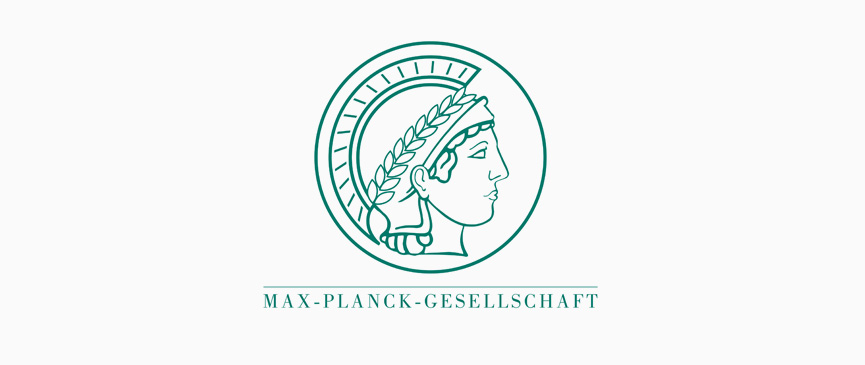You are in:
Laureates
Start of main content
Max Planck Society for the Advancement of Science
Prince of Asturias Award for International Cooperation 2013

The Max Planck Society for the Advancement of Science (Max-Planck-Gesellschaft zur Förderung der Wissenschaften, in German) is a network of scientific research institutes founded in Göttingen (Germany) in 1948, as successor to the Kaiser Wilhelm Society for the Advancement of Science, which had begun its work in 1911. Named in honour of the German scientist who initiated quantum mechanics, it has its current headquarters in Munich. It encompasses 80 institutes in all, five of them abroad: Bibliotheca Hertziana (Rome), The Art History Institute (Florence), The Max Planck Institute for Psycholinguistics (Nijmegen, Netherlands), Max Planck Florida Institute (USA) and Max Planck Institute Luxembourg for International European and Regulatory Procedural Law (Luxembourg). It also has around 30 Max Planck Research Schools for PhD students (86.4% of whom are foreign nationals) and over 40 integrated research groups at universities and foundations worldwide. The Society employs more than 17,000 people: 5,300 are scientists, 36.9% of these are foreign nationals, as are 31.5% of those occupying positions of responsibility. Moreover, over 4,000 junior and guest scientists from all around the world work at its institutes, bringing the number of people employed by the Society to more than 21,500. The president of the Max Planck Society is Martin Stratmann.
The centres making up the network perform basic research to the benefit of society in fields such as the natural sciences, the social sciences and the humanities. This generally comprises research that does not conform to the organisational structure of universities or which requires extra funding and complements the work of these institutions. An interdisciplinary approach and close cooperation between research centres and universities generate teams of highly qualified young scientists committed to cutting-edge areas of research.
In the fields of biology and medicine, the research units belonging to the Max Planck Society focus on aspects related to microbiology, ecology and cognitive research; in chemistry, physics and technology, research is conducted in the fields of astronomy and astrophysics, materials research, Earth sciences and climate research. The humanities section addresses cultural studies, jurisprudence and social and behavioural sciences. Many of the scientists that make up this society also work with the world’s most prestigious laboratories on projects related to leading international space missions. The results of the research work at the institutes that comprise the Society are published annually in more than 13,000 scientific articles, books and reports. In 2012, its impact factor was 17.642 in the global index of scientific journals, its publication Living Reviews in Relativity was ranked number one in the field of Physics, Particles and Fields. Furthermore, according to the Journal Citation Report, the publication Living Reviews in Solar Physics was ranked third worldwide.
Throughout its history, 17 researchers from the Max Planck Society have won the Nobel Prize, as did 15 researchers from its precursor, the Kaiser Wilhelm Society. Spanish scientist Juan Ignacio Cirac, 2006 Prince of Asturias Award for Technical and Scientific Research, heads the Theory Division at the Max Planck Institute of Quantum Optics. In the latest ranking of non-university research institutions published by the British magazine Times Higher Education Supplement in 2006, the Max Planck Society was ranked first in scientific research and third in technological research worldwide.
End of main content
Sección de utilidades
Fin de la sección de utilidades
- Legal document Legal document (Access key 8)
- | Privacy policy Privacy policy (Access key )
- | Social networks ???en.portal.pie.menu107.title???
- | Cookies ???en.portal.pie.menu110.title???
- | Site map Site Map (Access key 3)
- | Contact Contact (Access key )
- | XHTML 1.0
- | CSS 2.1
- | WAI 'AA
© Copyright 2024. FUNDACIÓN PRINCESA DE ASTURIAS
 MINUTES OF THE JURY
MINUTES OF THE JURY


